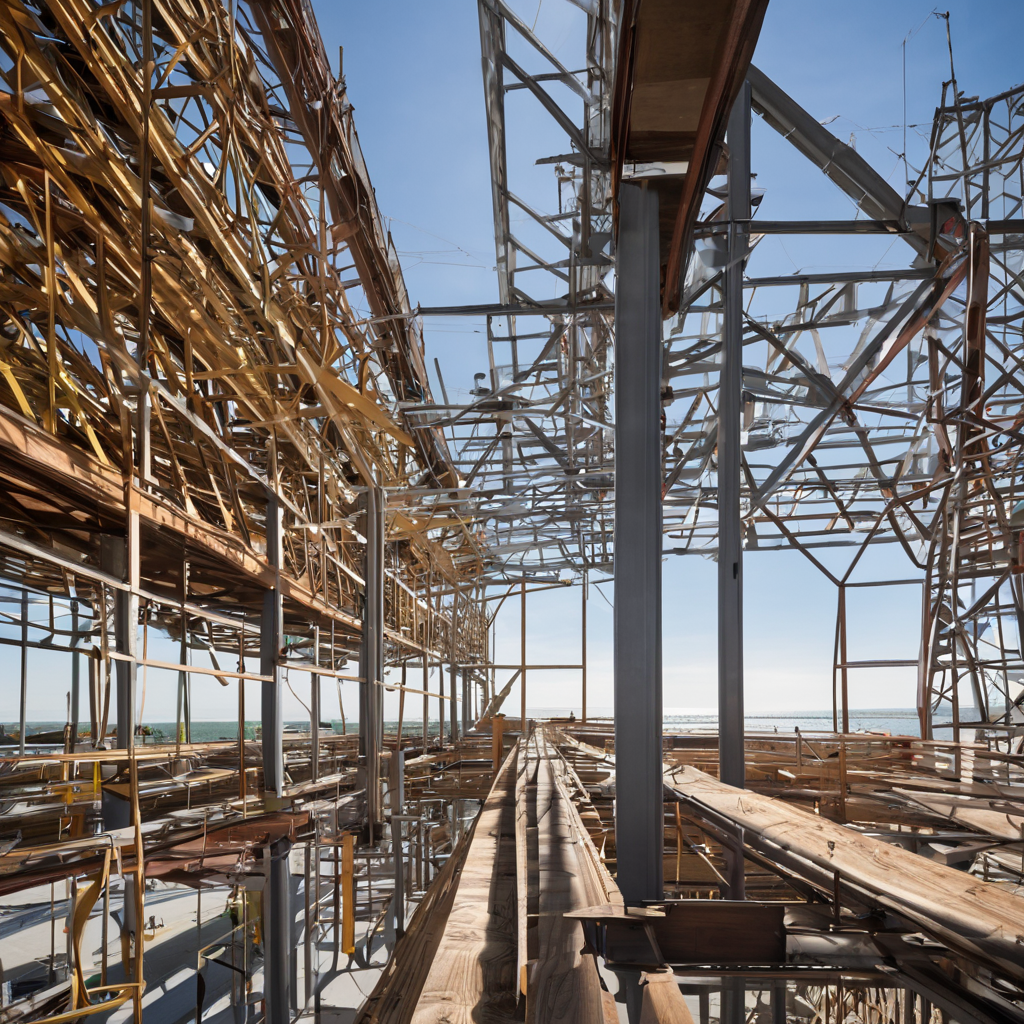Structural engineers play a crucial role in designing, analyzing, and constructing various types of buildings and structures. With advancements in technology and the increasing demand for remote work options, many structural engineer jobs now offer opportunities to work remotely. This shift towards remote work has opened up new possibilities for professionals in the field to collaborate with teams across the globe without being bound by geographical constraints.
Remote structural engineer jobs provide flexibility and convenience for professionals who prefer a more flexible work environment. Working remotely allows engineers to balance their work and personal life more effectively, eliminating the need for long commutes and providing the freedom to work from anywhere with a reliable internet connection.
One of the key benefits of remote structural engineer jobs is the ability to collaborate with diverse teams from different locations. Engineers can work on projects with colleagues from various backgrounds and expertise, bringing unique perspectives to the table and fostering creative solutions to complex design challenges.
Moreover, remote work offers structural engineers the opportunity to take on projects from different parts of the world, expanding their professional network and gaining exposure to a wide range of structural design practices and standards. This exposure can enhance their skills and knowledge, making them more versatile and competitive in the industry.
Working remotely also allows structural engineers to leverage cutting-edge technology and software tools to collaborate in real-time with team members, conduct virtual meetings, and share design files seamlessly. This digital transformation in the field enables engineers to streamline their workflow and deliver high-quality projects efficiently.
In addition to the professional benefits, remote structural engineer jobs often offer competitive salaries and benefits comparable to on-site positions. Companies that embrace remote work understand the value of attracting top talent and providing a supportive work environment that promotes work-life balance and job satisfaction.
Remote structural engineer jobs require strong communication skills, self-discipline, and the ability to manage time effectively. Engineers must be proactive in seeking clarification, providing updates on project progress, and collaborating with team members to ensure seamless coordination and successful project delivery.
To excel in remote structural engineer jobs, professionals must stay updated on industry trends, advancements in structural engineering technology, and best practices in remote collaboration. Continuous learning and professional development are key to staying competitive in the ever-evolving field of structural engineering.
While remote work offers numerous advantages for structural engineers, it also presents challenges such as potential communication barriers, feelings of isolation, and the need for self-motivation. Engineers must proactively address these challenges by staying connected with colleagues, setting clear work boundaries, and maintaining a healthy work-life balance.
Despite the challenges, the growing trend of remote structural engineer jobs reflects a shift towards a more flexible and inclusive work culture in the engineering industry. Companies are increasingly recognizing the benefits of remote work in attracting and retaining top talent, fostering innovation, and adapting to the changing demands of the modern workforce.
In conclusion, remote structural engineer jobs offer a unique opportunity for professionals in the field to embrace flexibility, collaboration, and personal growth. By leveraging technology, communication skills, and a proactive mindset, structural engineers can thrive in remote work environments and contribute to the advancement of the industry on a global scale.
